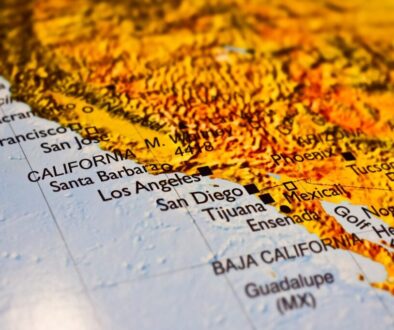Effects of the tax reform on Mexico Maquiladora plants part II
 By Adina Moloman
By Adina Moloman
Sources: Reuters, San Diego Red, Deloitte, Baker & McKenzie
Mexico’s Senate has given general approval to the administration of Peña Nieto’s tax reform that seeks to raise tax revenue by nearly 3 percent of GDP by 2018.
Impact to foreign corporation manufacturing in Mexico under the IMMEX program (formerly called Maquiladora Program) of these tax reforms, VAT is taxed on temporary imports; however, it is proposed that those Maquiladoras which hold a certification by the Tax Administration Service be granted a 100% tax credit against VAT levied on them. Those Maquiladoras not having the certification may guarantee their tax liability by means of a bond, in order not to pay VAT.
In order for a transnational corporation to maintain its registration as manufacturer in Mexico, they will need to export at least 90% of what is producing. Transnational corporations can request a VAT refund for the costs they will incur on products such as materials, machinery and equipment. It is required that at least the 30% of the value of the machinery and equipment utilized in the manufacturing process shall be property of the foreign resident. The exemption for sales of goods between foreign residents is maintained, provided that the goods have been exported or introduced to Mexican territory under an IMMEX Program and the goods are under the temporary import regime.
All transnational corporations that operate through Mexico Shelter Companies are extended from 3 to 4 years to consider that the foreign resident contracting with the shelter is not deemed to have a permanent establishment in Mexico.
Other measure of this tax reform involves a capital gains tax on stock market transactions and dividends. The government is considering a 10% tax on dividends (profits) of manufacturing companies. According to Deloitte all incentives will be eliminated so that the earnings made by Mexican and foreign companies stay inside the country.





